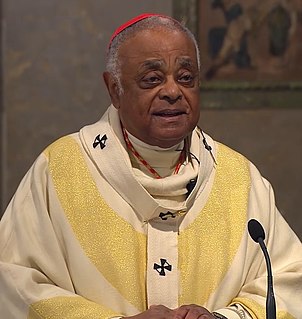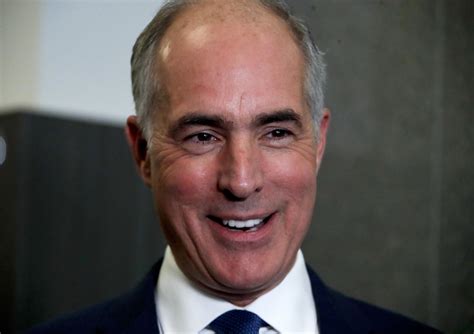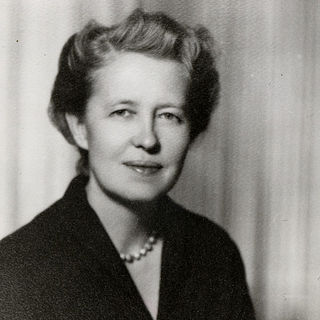A Quote by Wilton Daniel Gregory
In one sense, no act of reparation will be satisfactory for those whose lives were so under-valued both as human beings held in slavery and then as human chattel to satisfy the financial indebtedness of a Catholic institution. Nonetheless, the university must also put into place - as it is attempting to do - a program that both admits the horror and error of its past actions and directs its students, faculty, and administrations to an awareness of the dignity of all people, especially those who even today are often considered less than worthy of respect and dignity.
Quote Topics
Act
Actions
All People
Also
Attempting
Awareness
Beings
Both
Catholic
Considered
Dignity
Error
Even
Faculty
Financial
Held
Horror
Human
Human Being
Human Beings
Indebtedness
Institution
Less
Lives
Must
Nonetheless
Often
Past
People
Place
Program
Put
Respect
Satisfactory
Satisfy
Sense
Slavery
Students
Than
Then
Those
Today
University
Valued
Were
Whose
Will
Worthy
Related Quotes
Those subject to capital punishment are real human beings, with their own backgrounds and narratives. By contrast, those whose lives are or might be saved by virtue of capital punishment are mere 'statistical people.' They are both nameless and faceless, and their deaths are far less likely to be considered in moral deliberations.
O truly enjoy... [a university], the individual-student or faculty-must harbor a well-calibrated sense of annoyance at the institution, entering into a muted adversarial relationship...both in order to move the institution just that little bit away from what is was to what it could become, and also to assure at least the sense if not the reality of independence.
Human beings are not property. On the International Day for the Abolition of Slavery, let us reaffirm the inherent dignity of all men, women and children. And let us redouble our efforts so that the words of the Universal Declaration of Human Rights - 'no one shall be held in slavery or servitude' - ring true.
The Constitution contains no 'dignity' Clause, and even if it did, the government would be incapable of bestowing dignity. ... Slaves did not lose their dignity (any more than they lost their humanity) because the government allowed them to be enslaved. Those held in internment camps did not lose their dignity because the government confined them. And those denied governmental benefits certainly do not lose their dignity because the government denies them those benefits.
All human beings have failings, all human beings have needs and temptations and stresses. Men and women who live together through long years get to know one another's failings; but they also come to know what is worthy of respect and admiration in those they live with and in themselves. If at the end one can say, This man used to the limit the powers that God granted him; he was worthy of love and respect and of the sacrifices of many people, made in order that he might achieve what he deemed to be his task, then that life has been lived well and there are no regrets.
But the dignity of human life is unbreakably linked to the existence of the personal-infinite God. It is because there is a personal-infinite God who has made men and women in His own image that they have a unique dignity of life as human beings. Human life then is filled with dignity, and the state and humanistically oriented law have no right and no authority to take human life arbitrarily in the way it is being taken.
I think there is a contempt for the human dignity of people who were enslaved. You couldn't see them as fully human and so you didn't respect their desire to be connected to a family and a place. That was the only way you could tolerate and make sense of lynching and the terror that lynching represented.
At the southern tip of the continent, a rich reward is in the making, an invaluable gift is in the preparation, for those who suffered in the name of all humanity when they sacrificed everything - for liberty, peace, human dignity and human fulfillment.
The value of our shared reward will and must be measured by the joyful peace which will triumph, because of the common humanity that bonds both black and white into one human race, will have said to each one of us that we shall all live like the children of paradise.
Effective public policy to address human trafficking cannot only address offender accountability and increase prosecution, but must also address root causes of the issue as well as enhance safety, services, and dignity for victims. It must also provide education and awareness to those who can stop this crime in its tracks.

































